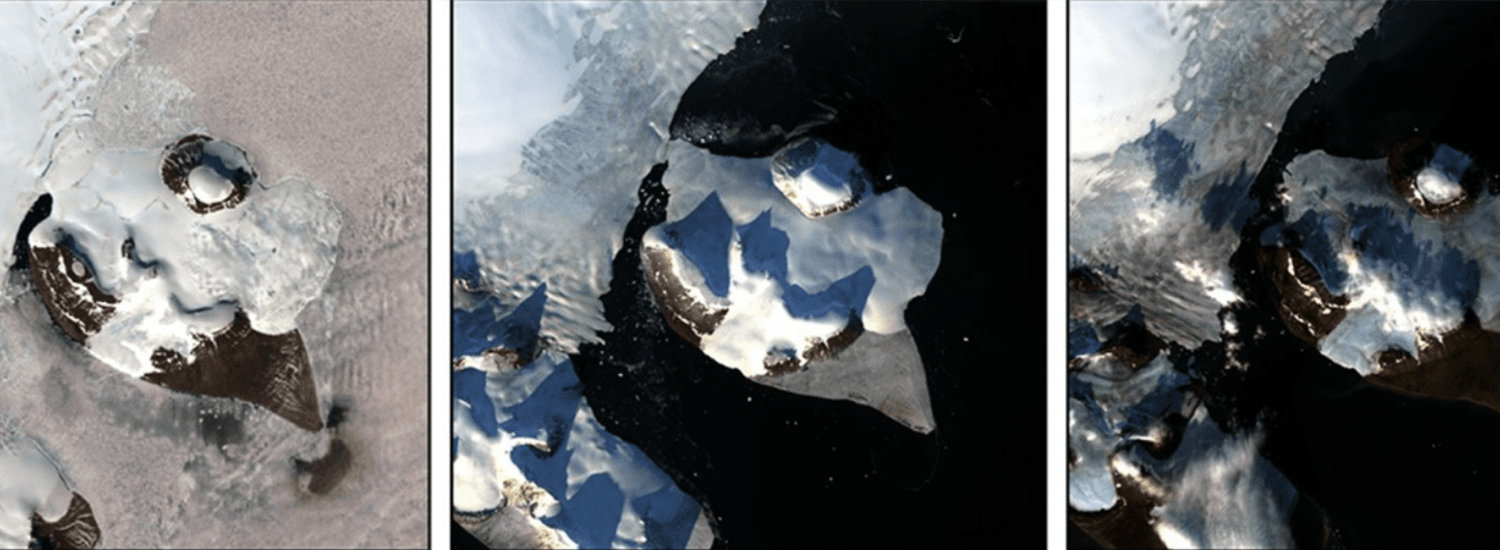Russian Arctic Glacier Loss Accelerating
CIRES Fellow Mike Willis helps Cornell doctoral student process critical satellite data

Geophysicists examining glacier changes in the Russian Arctic have found that the rate of ice mass loss has nearly doubled over the last decade when compared to records from the previous 60 years, according to Cornell-led research published April 24 in Remote Sensing of Environment.
The scientists focused on Franz Josef Land, a glaciated Russian archipelago in the Kara and Barents seas – among the northernmost and most remote parcels of land on Earth. They examined the island group with very high-resolution optical satellite images, available to federal-funded researchers from the National Geospatial Intelligence Agency, to study glacial dynamics. Co-author Michael Willis, CIRES Fellow, University of Colorado assistant professor of geosciences, and former research scientist at Cornell, helped process the satellite data on the paper, “Accelerating Glacier Mass Loss on Franz Josef Land, Russian Arctic.”
“Glaciers there are shrinking by area and by height. We are seeing an increase in the recent speed of ice loss, when compared to the long-term ice-loss rate,” said lead researcher Whyjay Zheng, Cornell doctoral student in geophysics. The shrinking glaciers have uncovered at least one new island, he added.
This story was adapted from the Cornell Chronicle. Read the full story here.